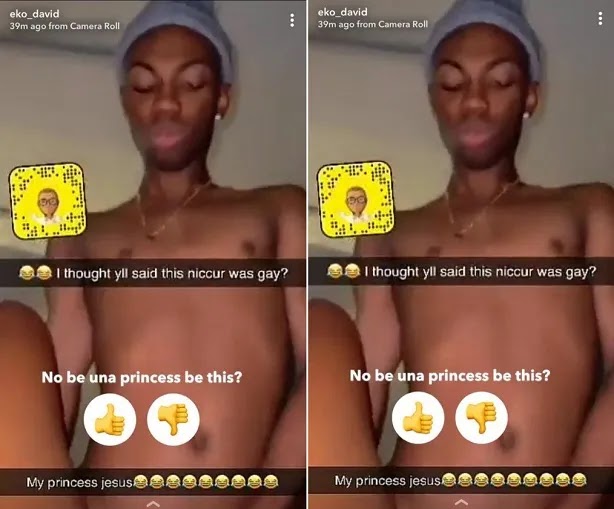IGBO – THE NAME OF A LANGUAGE, A PEOPLE AND THEIR GOD:
The word IGBO has been defined by scholars, linguists and historians alike as a name which describes the concept of ‘Great Age’ (Gbo). In this regard it means ‘First People’ Ndi Mbu, Ndi Gbo, Ndi Agali Odi in Afa – supposedly understood among Igbo Shaman(dibia Afa) as the ancient Igbo name of the universal language of the First People, now largely lost.
The concept of Ndi Gbo is derived from the time-line Mgbe Gbo (‘in the Beginning Days of Human History’). Igbo scholars believe that Igbo is derived from Gbo, but our findings are that it is actually the other way round. Gbo is a short form for Igbo and Igbo seems to be one of the earliest words in existence. Yoruba Ifa Mythology says that ‘Igbo’ is the name of God.
Accordingly, the Yoruba name for ‘Almighty God is’ Igbo Olodumare. By Ifa definition and mythology, Igbo defines the concept of the ‘All Might’ and ‘All Power of God’ – the Creator. The greatest of the sixteen sons and daughters of God who came to re-deem earth from the Evil One, according to Ifa mythology, is a god called Obatala who the Yoruba worship as the ancestor of the Igbos and the greatest of all the Sons of God who have incarnated on earth. They call him ‘The Ancient of days’ Vice Gerent of the Omnipotent, Mediator between the Almighty and Man. Ifa says he died and resurrected after sixteen days in the grave. And his praise-song says, “Death has no power over Obatala”.
His title is Obatala Osere Igbo – a title, which according to Ifa, strikes immense fear and awe whenever and wherever it is mentioned, reason being that Igbo is the name of the Almighty in his capacity as the God who dealt an unforgettable defeat upon the forces of evil in the most devastating war ever fought on earth between good and evil. Ifa calls that war “the Great Igbo Battle”. This war, needless to say, was the same great battle between good and evil referred to in other great mythologies around the world, not the least of which is the Hebrew Bible.
In Igbo tradition, the word Igbo originated also as the name of a deity. This deity was the father and founder of the Igbo race. Surviving mythology about this entity called Igbo, says he was the founder of the first core Igbo community – a community now called Igbo Ukwu, but which was originally also called IGBO. The ancestor was said to have appeared from nowhere. This was probably during the time of the First People(the cave-men), whom according to ancient traditions of the Egyptians, Igbos and Hebrews, did not die, for in their time death had not yet come into the world. The god-man Igbo surfaced in Igbo Ukwu and taught the cave-men who were then living in Igbo forest-land, the basic arts of survival such as smithing, agriculture(process of palm fruits) and trading. Igbo invented commerce and founded the first market in ancient Nigeria, then known as Nkwo.
Nkwo was actually one of his names – a name which was later corrupted by Europeans into Kwa. European linguists discovered that Igbo, otherwise called Igbo-Nkwo, is the Mother Pot of all cultures in Southern Nigeria, because it is the original culture of the autochthons or cave-men, who themselves were the original dwellers of West Africa and the rest of the African continent. By anglicizing the word Nkwo to Kwa, the early European linguists argued that Kwa was the origin of the Mother Cultures of West Africa which included Ashanti, Akan, Igbo, Yoruba, Benin, Igala, etc. Of late Adiele Afigbo has argued, though not very convincingly that Kwa was a mega-Igbo civilization. But our findings prove him right, for indeed, Kwa mother culture originated from the concept of the ‘First People’ whom the Igbo and their neighbours called Ndi Ichie Akwu or Akwa Nshi, from which the words Nkwo/Kwa are derived.
In Cross River State the concept of Nkwo is referred to as Qua as well as Akwa Nshi, all of which are expressions of the First People who were death-less and who according to our research findings spoke a divine language known among the native Igbo Shaman as Afa language was the original language of the gods.
Today what is left of it is only used by the Dibia Afa during oracular utterances.



Comments
Post a Comment